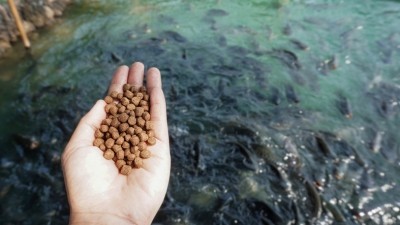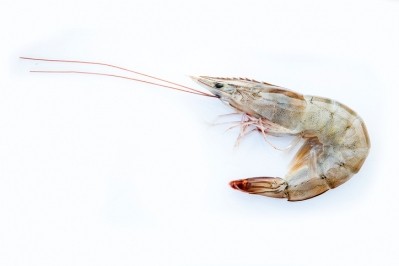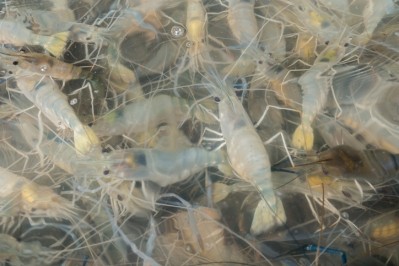New organization seeks to improve shrimp industry

The Ecuador headquartered group formally launched its sustainability program on Monday (March 12), saying one goal to provide a push for industry members to “race to the top.”
The organization said it is creating a new set of production standards for shrimp producers that expand past those set by the Aquaculture Stewardship Council (ASC).
The Sustainable Shrimp Partnership (SSP), in the initial phase, first considered what the future of the industry would look like, what was best practice, and how to meet customer interests, said Avrim Lazar, consultant with the organization.
The team then assessed how conscientious shrimp producers could set themselves apart from others and what sort of standards should be the priority, he said.
Lazar told FeedNavigator. “Right now shrimp is an undifferentiated commodity – part of what we’re hoping to do is create differentiation in the global marketplace, and when it’s clear that there’s a strong market for shrimp grown without [antibiotics] and the highest environmental and social standards – the marketplace will move in that direction.”
The set of standards proposed for shrimp producers under the program follow those set by the ASC but also go beyond, he said. There is a focus on product traceability, a prohibition on any use of antibiotics and a focus on water quality.
Although started by a group of companies in Ecuador, the program is open to both local and international shrimp producers said Lazar. “Everyone is invited to join if you can meet the criteria,” he added.
Antibiotic-free production
In Ecuador, the way of raising shrimp has been slightly different than in other regions, said Lazar. “The approach has been to focus on good genetics and resilient shrimp,” he added.
“Many regions try and prevent disease by isolating their animals from any pathogens – the Ecuadorian approach has been to leave them fairly open and breed their shrimp for disease resistance so they have resilient stocks,” he said.
Producers in the region also may use lower stocking densities, he added.
“In a lot of production of proteins where you try to use factory methods antibiotics become a tool of the trade because you’re not breeding your animal for health,” he said. “That’s led to the over-reliance on antibiotics.”
Additionally, feed changes and development also may be supporting producers in turning away from the use of antibiotics, he said. Feed companies have been working with functional feeds and have been supportive of industry interest in moving away from antibiotic use.
“For the smaller producers getting improved feed conversion ratios will be a big step,” said Lazar. “And creation of feed that meets the ASC standard will be essential.”
In aquaculture, feed also plays a role from the environmental and social perspective, he said.
Building relationships
A percentage of Ecuadorian production is expected to be able to meet the heightened standards now, with the anticipation that additional producers will become eligible by the end of the year, said Lazar.
In addition to working with producers, the organization is developing relationships with groups like the World Wildlife Federation, IDH the Sustainable Trade Initiative and ASC, he said.
The partnership is also in the process of designing an “improver program” aimed at helping smaller producers meet the standards, he said.















